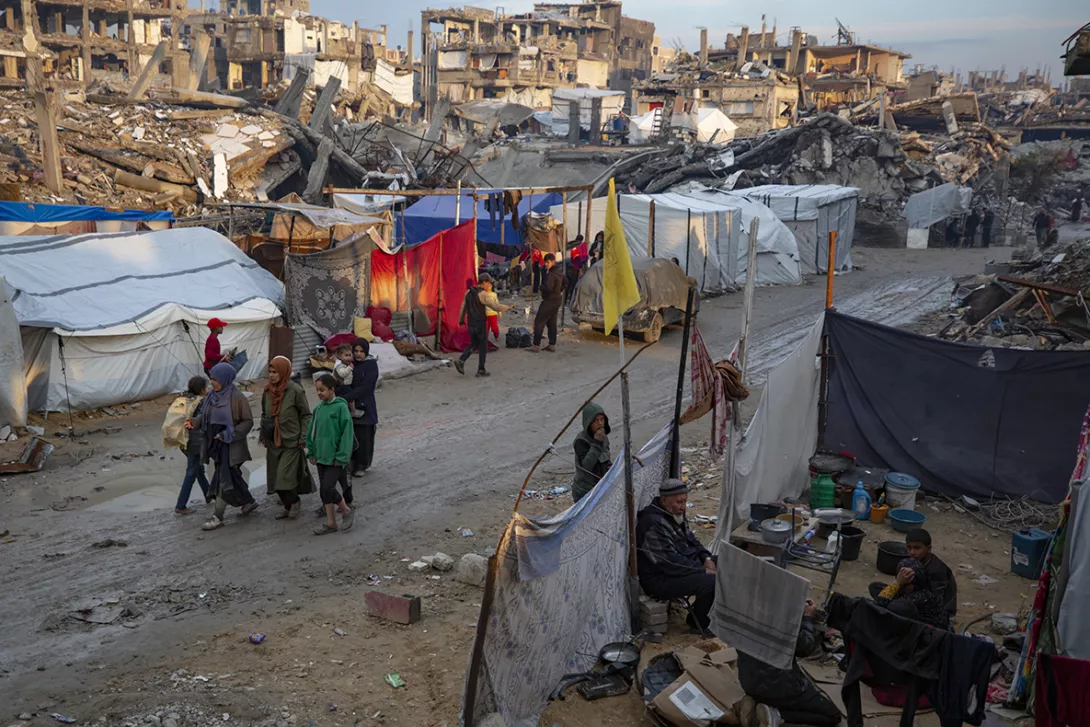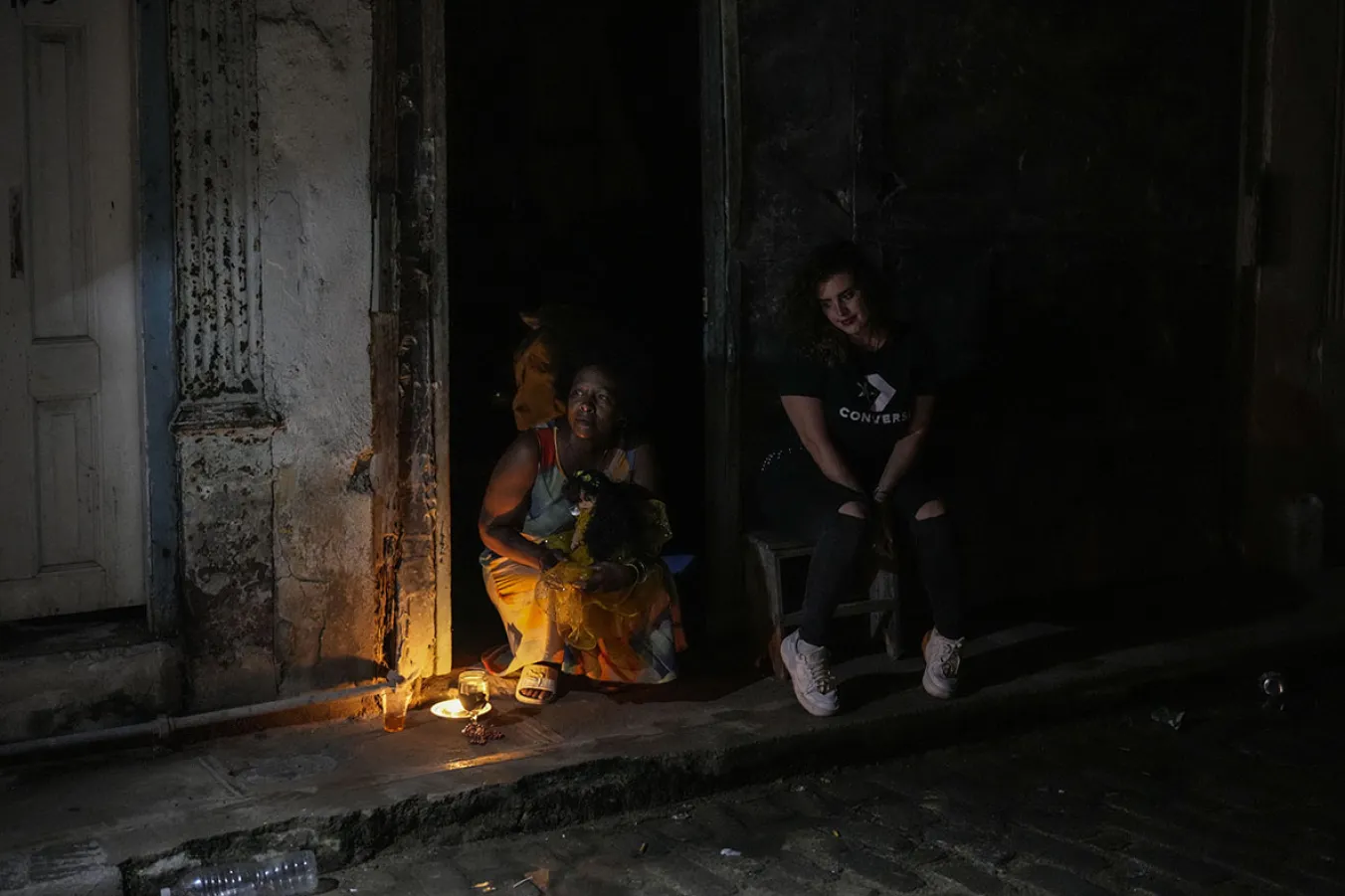UN General Assembly votes in record numbers to support an end to the US blockade of Cuba
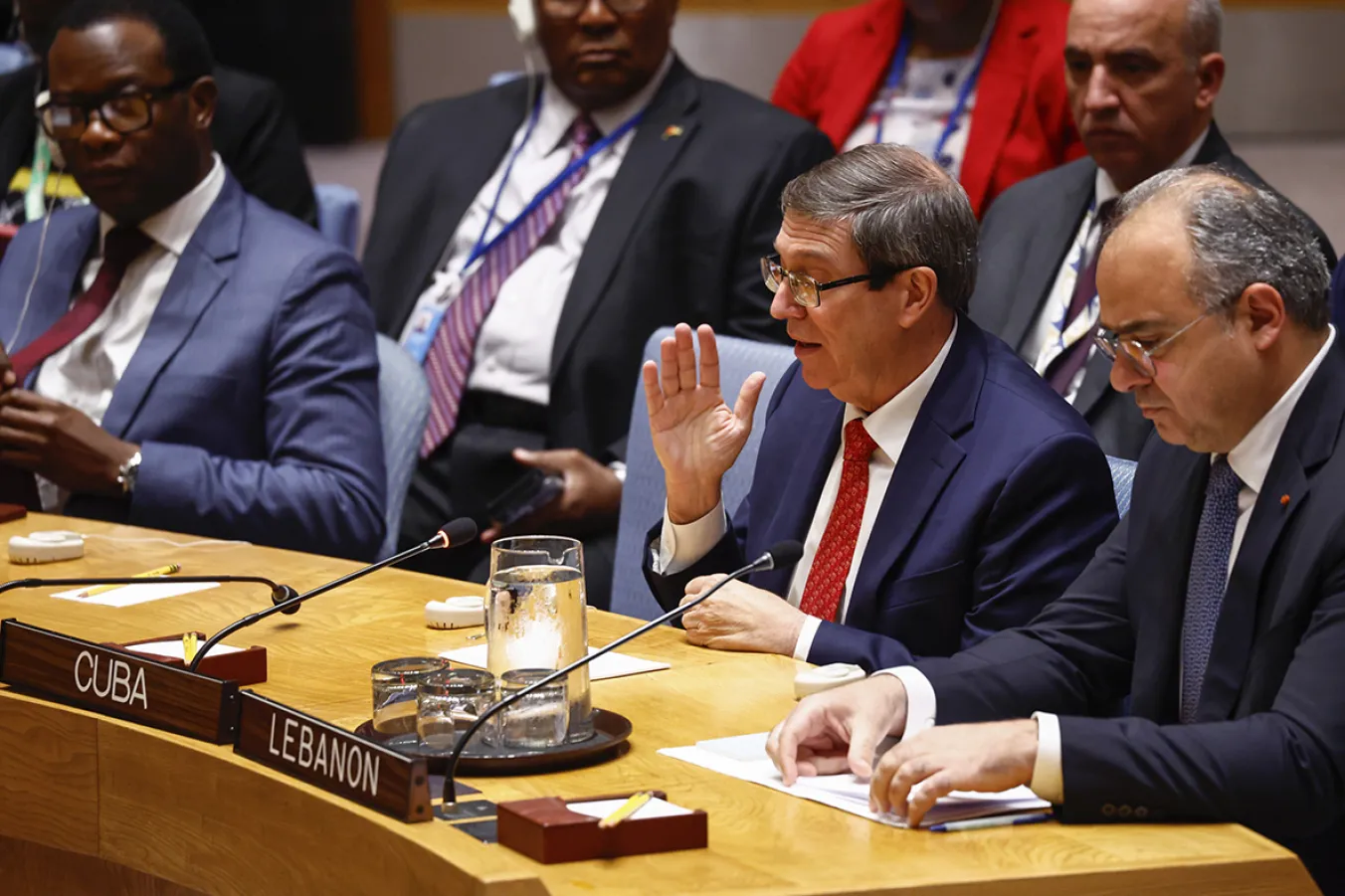
THE United Nations general assembly has overwhelmingly condemned the illegal US blockade of Cuba, backing a call for Washington to lift it by 187 votes to two.
It is the 32nd year in a row that the assembly has called for the blockade to end.
Only the US and Israel voted against the resolution and only Moldova abstained, matching the record for support for the socialist island first set in 2019 and equalled last year.
More from this author
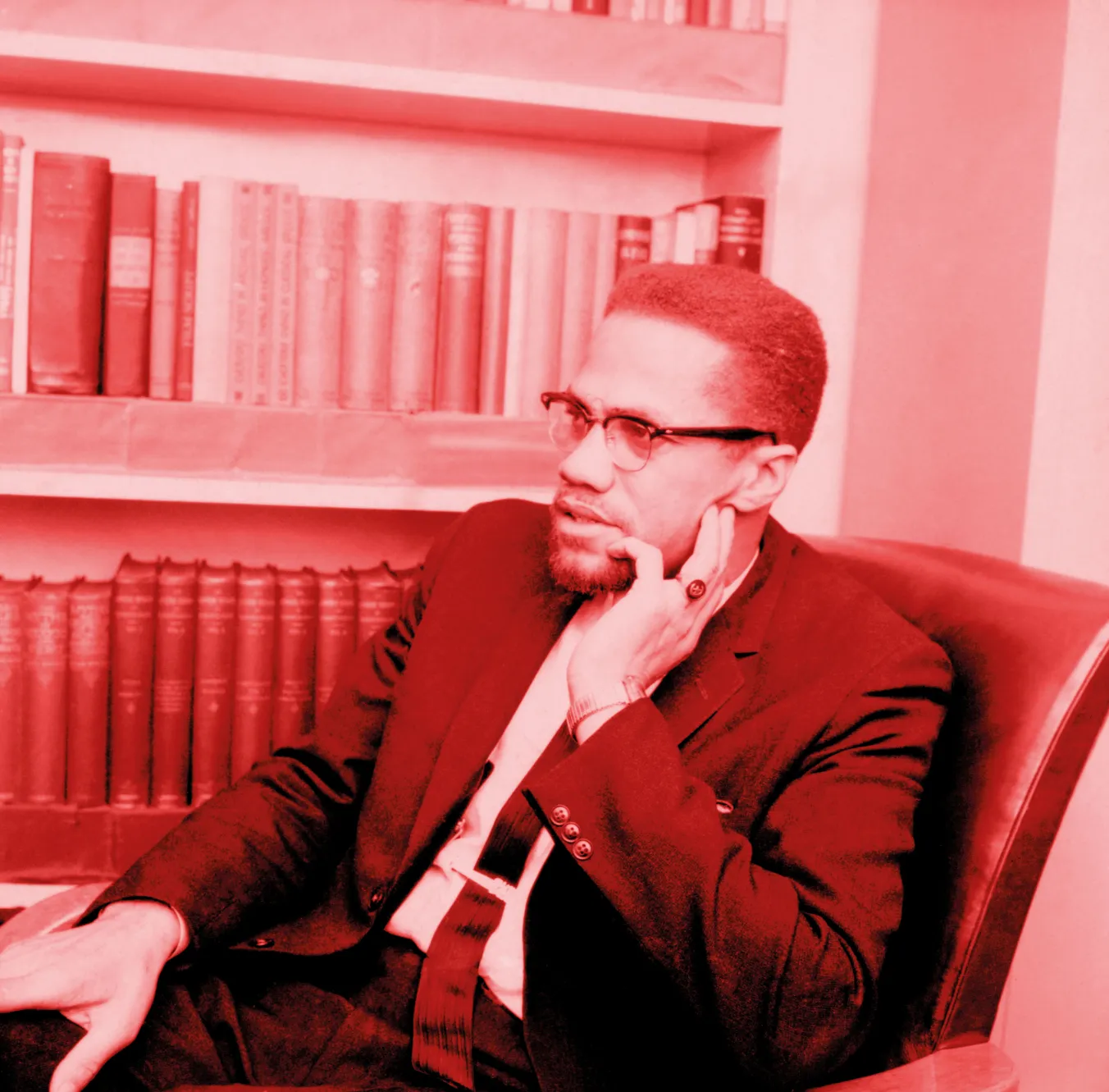
ROGER McKENZIE looks back 60 years to the assassination of Malcolm X, whose message that black people have worth resonated so strongly with him growing up in Walsall in the 1980s

ROGER McKENZIE welcomes an important contribution to the history of Africa, telling the story in its own right rather than in relation to Europeans
Similar stories

BERT SCHOUWENBURG details how the libertarian, radical-right president’s shock doctrine has pushed millions into poverty while dismantling the state and aligning with US imperialism and Israeli slaughter
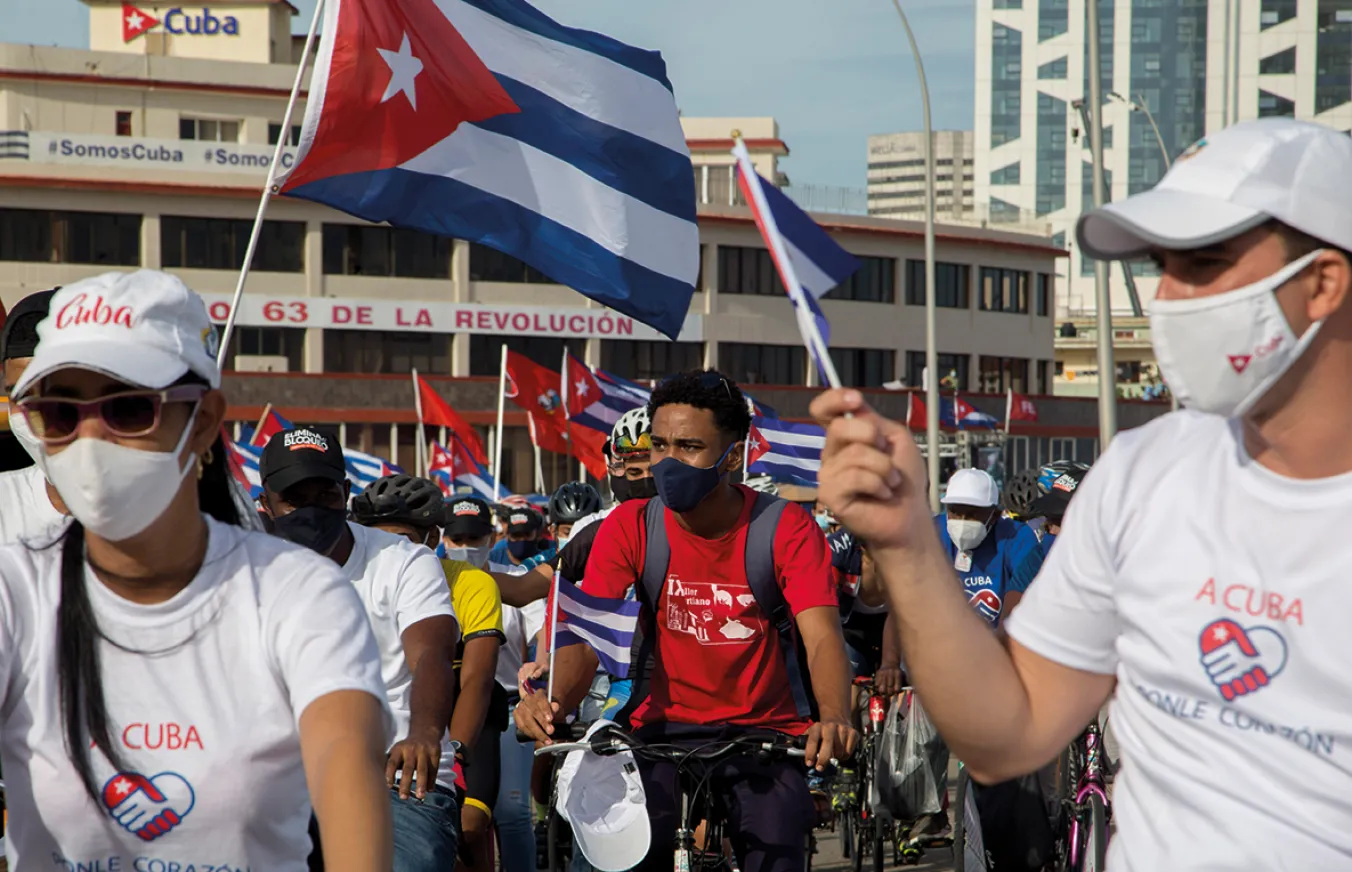
Canadian author and journalist KEITH BOLENDER is due to speak on the outcome of the US elections at meetings in November. Here, he anticipates what a new face in the Oval Office might mean for Cuba
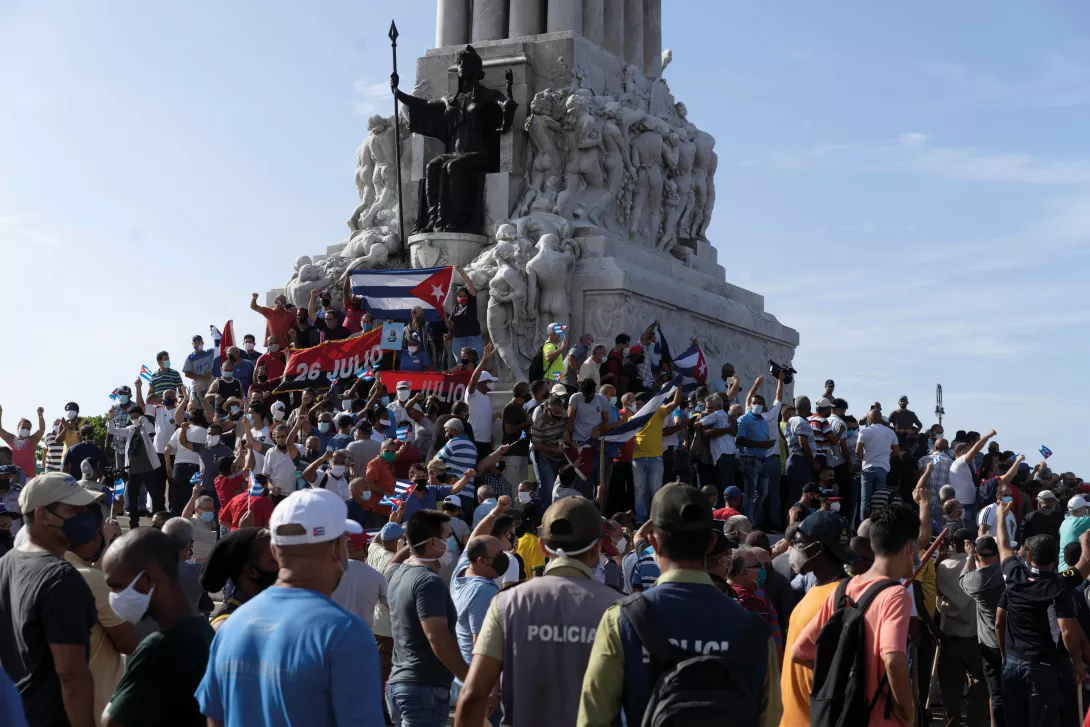
US authorities and corporate media have given extensive coverage of protests which took place in response to deteriorating conditions which Cubans say are a product of US policies themselves, explains PEOPLE’S DISPATCH










